
Article content
WASHINGTON, D.C. — President Donald Trump halted Canada-U.S. trade talks last week in an angry response to a TV ad run by Ontario Premier Doug Ford’s government featuring Ronald Reagan’s 1987 comments criticizing tariffs. “Ronald Reagan loved tariffs,” Trump said, labelling the ad “fraudulent.”
THIS CONTENT IS RESERVED FOR SUBSCRIBERS
Enjoy the latest local, national and international news.
- Exclusive articles by Conrad Black, Barbara Kay and others. Plus, special edition NP Platformed and First Reading newsletters and virtual events.
- Unlimited online access to National Post.
- National Post ePaper, an electronic replica of the print edition to view on any device, share and comment on.
- Daily puzzles including the New York Times Crossword.
- Support local journalism.
SUBSCRIBE FOR MORE ARTICLES
Enjoy the latest local, national and international news.
- Exclusive articles by Conrad Black, Barbara Kay and others. Plus, special edition NP Platformed and First Reading newsletters and virtual events.
- Unlimited online access to National Post.
- National Post ePaper, an electronic replica of the print edition to view on any device, share and comment on.
- Daily puzzles including the New York Times Crossword.
- Support local journalism.
REGISTER / SIGN IN TO UNLOCK MORE ARTICLES
Create an account or sign in to continue with your reading experience.
- Access articles from across Canada with one account.
- Share your thoughts and join the conversation in the comments.
- Enjoy additional articles per month.
- Get email updates from your favourite authors.
THIS ARTICLE IS FREE TO READ REGISTER TO UNLOCK.
Create an account or sign in to continue with your reading experience.
- Access articles from across Canada with one account
- Share your thoughts and join the conversation in the comments
- Enjoy additional articles per month
- Get email updates from your favourite authors
Sign In or Create an Account
or
Article content
For insights into Reagan’s trade views and Trump’s response, National Post turned to Doug Irwin, a professor of economics at Dartmouth College and former staffer on Reagan’s Council of Economic Advisers. Irwin has written extensively about trade and recently published a New York Times op-ed about Trump’s response to the ad and Reagan’s legacy.
Article content
Article content
Article content
Q: How would you describe Ronald Reagan’s core political principles regarding free trade — what you’ve described as the three Ps?
Article content
By signing up you consent to receive the above newsletter from Postmedia Network Inc.
Article content
A: The first P is for Principle. Ronald Reagan was an economics major at Eureka College. He lived through the Great Depression. He was very opposed to tariffs and often mentioned the Smoot-Hawley Tariff of 1930 in his radio addresses and speeches. That was the infamous tariff hike that the U.S. undertook just as the world was sinking into the depression, and Reagan associated it with the depression. So he had this innate sense that tariffs and protectionism were bad for the economy, and he also believed in economic liberty, so freedom of trade was part of that package. That was the core belief.
Article content
But as a politician living in the real world, there are a lot of exceptions and compromises one has to make in negotiations with other domestic parties, interest groups, and other countries. That’s where I refer to the other two Ps: Pragmatism and the Politics aspect of trade policy, which influenced what he was actually able to accomplish as president.
Article content
Article content
Q: How do you compare those to the principles emphasized by President Trump?
Article content
A: I wrote this book called “Clashing Over Commerce: A History of U.S. Trade Policy,” where I talk about the three Rs of trade policy: Revenue, Restriction, and Reciprocity. It’s a look at U.S. history through the lens of trade policy. What have tariffs been used for in the past in the U.S. context? Revenue, a way of raising revenue for the federal government. It’s a tax, and taxes raise revenue.
Article content
Restriction is the idea that we want to restrict imports and keep them out to create space for domestic industries and protect them from foreign competition, so they will grow.
Article content
And three, Reciprocity, has two ideas that fold into that. One is that we’re willing to reduce our trade barriers if other countries reduce theirs. That’s free trade agreements, such as the one we had with Canada. But there’s also a harder turn to reciprocity, which is retaliation, where we might want to raise our tariffs against a country to punish them for their unfair trade practices or other aspects of our bilateral relationship.
Advertisement 1
Advertisement 2
Article content
As for Trump, I don’t think there is a one principle, one core belief, one basis around which trade policy is set, unlike Reagan. The way Trump sort of described the benefits of his tariffs, his America First tariffs, was by pointing to all three Rs. Trump likes the fact that they raise revenue. He likes the fact that they restrict imports to, in his view, reduce the deficit and help out domestic manufacturing. And he likes them as a tool of reciprocity, as a way of bludgeoning or getting other countries to give in to his will.
Article content
What’s interesting about this is that with those three Rs, there are contradictions across them. You can’t prioritize all three at the same time, and Trump has never really identified what his one reason or most important reason is for imposing tariffs.
Article content
He is always shifting between these three, so no matter what the outcome is, he can declare victory. If he really wants reciprocity, wanting another country to buckle to his pressure, let’s say they don’t — China hasn’t. Well, then, Trump says at least we’ve gotten the other two Rs, revenue and restriction. And if he wants revenue and imposes tariffs but then negotiates them away, then the revenue is gone. So then he says we won because it’s reciprocal — it’s a better relationship.
Article content
Article content
He’s always shuffling between these three, and no matter what happens, he can say “we’re winning!”
Article content
Q: How do you feel about Doug Ford using Ronald Reagan’s words like he did for the TV ad? Did it faithfully represent Reagan’s stance on tariffs and free trade? Are you worried about Reagan’s legacy being caught up in Trump’s tariff war?
Article content
A: Yes, I think it did accurately represent Reagan’s views, and yes, I worry about Reagan’s legacy being expropriated or distorted by supporters of President Trump who want to enlist Reagan in support of what Trump is doing. Reagan was against trade wars. He used tariffs now and then for strategic purposes, and yes, he was a politician, so he didn’t always get free trade. He had to negotiate or sometimes impose import limits. But his heart and the thrust of what he wanted the administration to be doing was reducing trade barriers and opening markets.
Article content
Q: What is the significance of Trump’s hostile reaction to the Reagan ad, both for Canada-U.S. relations and for debates over the Republican Party’s economic philosophy?
Article content
Article content
A: I think Doug Ford’s decision to run that ad was a very ill-advised move. If you take a shot at Trump, he’s going to take a shot back. We had reached this uneasy truce between the US and Canada on trade relations, so why provoke something? That was sort of an unnecessary provocation against someone who is going to respond in kind, and that is what we saw the president do: He stopped the talks and said he was going to impose higher tariffs. He has not, to my knowledge, issued an executive order implementing those tariffs yet.
Article content
The president’s response was interesting because he said Reagan loved tariffs. Many Republicans still remember Reagan fondly or think of him fondly. He was a very popular president and ended his term with an approval rating of about 68 per cent, according to the last New York Times poll taken before he left office. He was remembered as being a strong supporter of free trade. And Reagan won reelection by a landslide.
Article content
All these things — being popular and winning by a landslide — have been elusive for Trump. I think there’s insecurity about his standing vis-à-vis Reagan. So he tried to enlist Reagan as buying into his agenda by saying Reagan loved tariffs. I think Trump is trying to wrap himself in the cloak of the good vibes that Reagan still has with the American people.
Article content
Q: The Reagan Foundation objected to the use of Reagan’s words in the TV ad and claimed it misrepresented his view. Was that a real challenge to the ad or just a reflection of modern-day partisanship?
Article content
A: I don’t think it’s a real challenge to the ad because if you look at the ad and you look at President Reagan’s speech, there’s nothing really that’s distorting Reagan’s position. I think the Reagan Foundation issued that statement simply to insulate itself from any attack from President Trump. It should have just remained silent. But it might have been pushed to admit that the ad is an accurate representation of Reagan’s views, which would have drawn the ire of President Trump. So they issued that vague statement that would appease the president.
Article content
Q: President Trump has prioritized America First policies, including trade protectionism and immigration restrictions. How would Reagan’s beliefs on free markets and immigration align or conflict with this stance?
Article content
Article content
A: Reagan was also very much in favor of immigration. I’m sure he would have wanted some sort of immigration reform and didn’t want uncontrolled borders. But he was pro-immigration; he thought it added not just to the economy, but to the economic freedom that people want when they come to the U.S.
Article content
He had that very famous quote: “You can go to live in France, but you cannot become a Frenchman. You can go to live in Germany or Turkey or Japan, but you cannot become a German, a Turk, or a Japanese. But anyone, from any corner of the Earth, can come to live in America and become an American.”
Article content
I think that’s the way he viewed the U.S.: We’re welcoming all sorts of different people, citizens of society, and that you’re not judged by the color of your skin or other things. Do you love freedom, and will you contribute to the country? That’s what mattered to him, so he was much more open than President Trump has been.
Article content
Q: Can you clarify how Reagan’s approach to trade with Canada shaped the pattern of North American economic integration compared to Trump’s approach?
Article content
Article content
A: Hugely! It was the Canadian decision to initiate the negotiations to have the U.S.-Canada free trade agreement. That’s not something the US could propose to Canada because of fears that it might provoke questions among Canadians about the U.S.’s intentions. But when Prime Minister Brian Mulroney said that Canada would be open to something like a free trade agreement, it was President Reagan who immediately recognized this as a historic opportunity and went with it. And, despite some negotiating difficulties, they did reach that agreement in the late 1980s.
Article content
Even before Reagan was elected in 1979, he had been talking about establishing free trade in the Americas from, as he put it, Tierra del Fuego to the Arctic Circle. So he had already broached this idea of reducing the barriers to a free flow of goods within the Western Hemisphere.
Article content
Canada was the first to pick up on that. Obviously, we know the US-Canada free trade agreement morphed into NAFTA, and President Trump, when campaigning for his first term in office, belittled NAFTA as the worst trade agreement ever. There was a moment in 2017 when Trump announced that he was pulling out of NAFTA, and he was persuaded by his agriculture secretary and some of his other aides not to do that and to renegotiate it instead. I think that tells you where his heart was — it wasn’t in support of this.
Article content
That’s why, in his second term, even though he had USMCA, his own agreement, he was willing to impose tariffs on Mexico and Canada for fentanyl flows and migrant flows and all sorts of excuses in a way that I think President Reagan just wouldn’t want to jeopardize that economic relationship.
Article content
Q: How do you imagine the renegotiation of the Canada-U.S.-Mexico Agreement will go next year, given what we’ve seen from Trump’s second term so far? Do you imagine that the president plans to renegotiate it or rip it up?
Article content
A: It’s hard to know, but he might use the threat of ripping it up because, again, he likes negotiating leverage to whatever end he seeks.
Article content
In his first term, Trump was constrained and held back from ripping up NAFTA, and he was pushed into renegotiating it. The chief U.S. negotiator was Robert Lighthizer, who, regardless of what one thinks of his trade policy views, deserves respect for being an expert trade lawyer and a very savvy negotiator. He’s also someone who operates within the confines of U.S. trade law.
Article content
Article content
Today, on the other hand, we have an administration with fewer establishment types that can constrain what the president wants to achieve. So there may be some more outrageous demands that will not be resisted by his aides. Those demands could enter into the negotiations, and then the chance of a mishap or blowup is much higher.
Article content
Q: Is it fair to say that conservatism in the US has changed so much in the last 40 years that Ronald Reagan is more of a symbol or symbolic figure than he is a policy guide?
Article content
A: Yes, Donald Trump has fundamentally changed the Republican Party. I’ve heard people say — and I suspect this is true — that Ronald Reagan couldn’t get a presidential nomination from the Republican Party today. On social media, I’ve seen young Republicans who have no real memory of Reagan being utterly dismissive of his achievements and see his policy positions as being much too moderate. So this is a very different Republican Party from what we saw in the 1980s and 1990s, and even from someone like Mitt Romney or John McCain from just a decade ago.
Article content
Article content
Q: Doug Ford has professed his admiration for Reagan. Many op-eds and articles are being written about Reagan’s influence, including yours. What do you make of this fascination with Reagan today, especially north of the border?
Article content
A: I can understand the fascination. Reagan was a true friend of Canada. He got along with Brian Mulroney very well. In fact, uh, Mulroney spoke at his funeral — that shows you how important that relationship was and how Reagan wanted close ties between our two countries. I think there’s a yearning for those days in some sense. Reagan may have elevated the importance of the US-Canadian relationship more than Barack Obama, George W. Bush, or Joe Biden. So I think people on both sides who think of each other’s country fondly would think back to Reagan in that sense.
Article content
In terms of the U.S., it gets back to what we were talking about before — that the Republican party has changed, and what did it change from? It changed from the party of Ronald Reagan. George H.W. Bush, George W. Bush, John McCain, Mitt Romney, and all the subsequent Republican nominees except for Donald Trump who would pay homage to Reagan and his accomplishments and his achievements. Reagan set a very high standard in terms of how he comported himself personally. His stance on principles and his achievements in office earned respect. Now, he’s not getting that respect from people in the new Republican Party.
Article content
Q: Do you think that will be true after Trump leaves office? Has the Republican Party been forever changed? How do you see the future of the conservative movement in balancing Reagan’s legacy with the energy of Trump’s supporters?
Article content
A: After his first term, a lot of people would say Trump wasn’t a terribly popular president. He got the nomination because he divided a big pool of Republicans running for president in 2016. So that was a bit of a fluke, and then things reverted to “normal.”
Article content
I don’t think you can say that anymore after he won again. He has solidified his hold on the Republican Party. All the previous nominees or all the previous candidates, such as Marco Rubio, Ted Cruz, Nikki Haley, John Kasich, and others, they’ve been marginalized or have become Trumpified. I think there is a quiet minority that still hews to the old Reagan-Bush line, but they have clearly lost a lot of power and visibility in the party and may be gone forever.
Article content
Q: You mentioned that young people today are dismissive of Reagan’s legacy. How much do you believe Reagan still has something to say to today’s youth or to gen Z?
Article content
Article content
A: A lot. He has a lot of lessons that are important for today and can be an inspiring force. But I think no person or entity has taken up that mantle. Speaking out in a way that Reagan did — no one has that appeal or that visibility. So, for younger Americans, Reagan is a historical figure. Unless you have a figure who speaks a message similar to Reagan’s articulately and compellingly, that view is going to be lost.
Article content
Q: What message to Reagan convey to young people in the 80s?
Article content
A: The main message was hope. If you look at America in the 1970s, it was a very difficult decade. We had the political scandal of Watergate. We had high inflation, we had lost in Vietnam, and the Soviet Union seemed to be on the march. Reagan came in and said we have a lot of strength in this country and we can conquer some of our problems, such as high inflation and stagnant growth.
Article content
We went through a very serious recession in the early 1980s, but we began to pull out of it, got better relationships, including with the Soviet Union, so many things began working better. That’s why his presidency ended up being very popular.
Article content
Article content
I think there is a similar discontent in the U.S. today — a frustration with politics and the economy. If we could have a new political figure who was not vindictive and blamed others and lashed out, but had a hopeful, positive, peaceful message saying our better days are ahead of us, that could be a very inspiring message. But I don’t see anyone on the political horizon who’s embraced that message.
Article content
Q: What would your advice be to Prime Minister Mark Carney and his team in their dealings with the White House?
Article content
A: First of all, there’s not much you can do with the Trump people, because they are going to come at you fully. Striking an adversarial tone rather than a cooperative one would not be very productive, particularly because you want to salvage what you can and not damage the bilateral economic relationship too much.
Article content
Prime Minister Carney said it very well when he said Canada can’t control U.S. trade policy. Recognizing that means you unfortunately have to be willing to accommodate certain things with the hope that another administration can lead to a better path.
Article content
Prime Minister Carney said it very well when he said Canada can’t control U.S. trade policy. Recognizing that means you unfortunately have to be willing to accommodate certain things with the hope that another administration can lead to a better path. But there’s a lot of goodwill in the United States for Canada that you don’t see reflected in the administration. Canada’s been very effective in working with state governors, state legislatures, members of Congress in both the House and the Senate to remind Americans of the importance of this relationship. This connection is vital not only for the U.S. economy and jobs — whether through aluminum or purchases of U.S. goods — but also for the security partnership, which could be harmed as a result of the trade fallout.
Article content
So working around the administration to build that goodwill is very important because it can act as a constraint on how far the U.S. administration can go.
Article content
National Post
Article content
Our website is the place for the latest breaking news, exclusive scoops, longreads and provocative commentary. Please bookmark nationalpost.com and sign up for our newsletters here.
Article content
.png)
 5 hours ago
17
5 hours ago
17
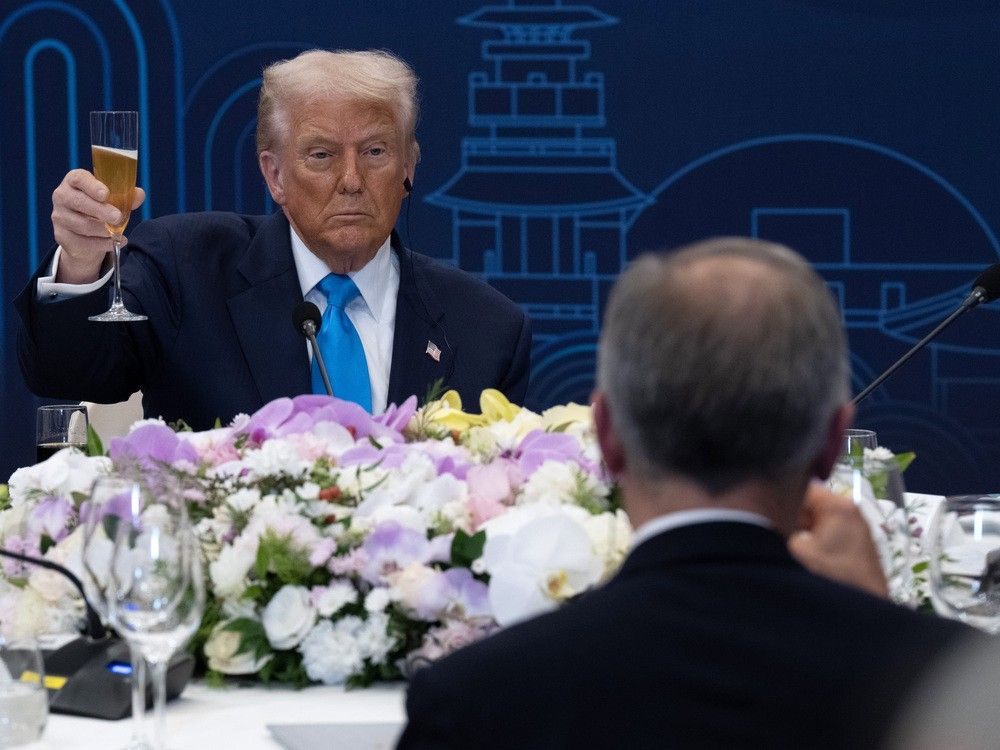
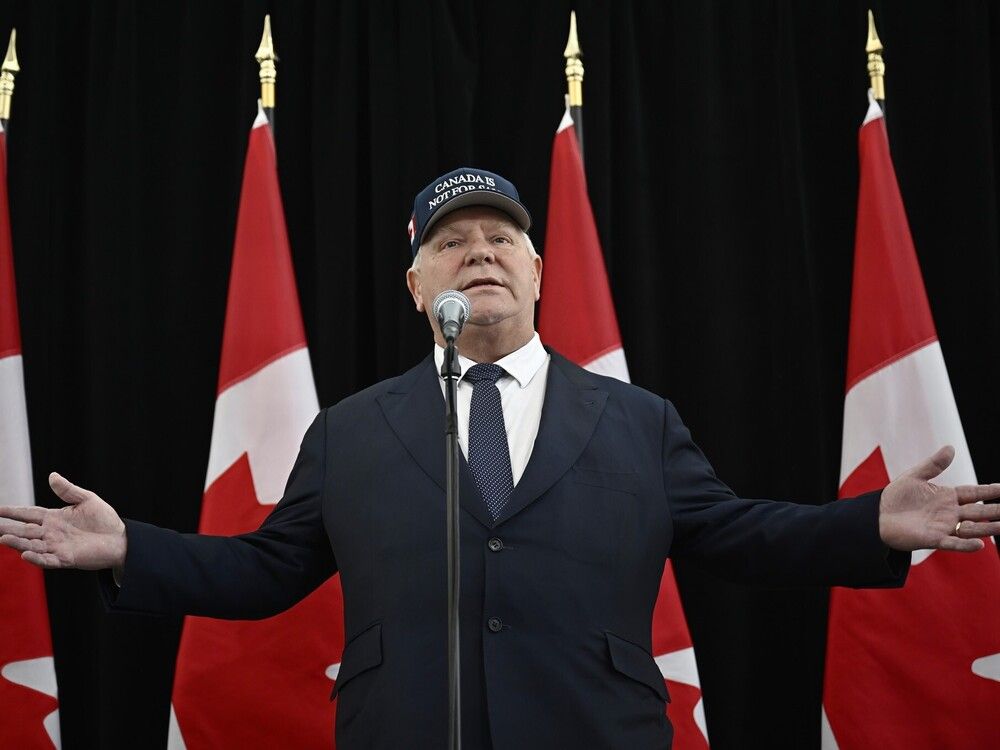
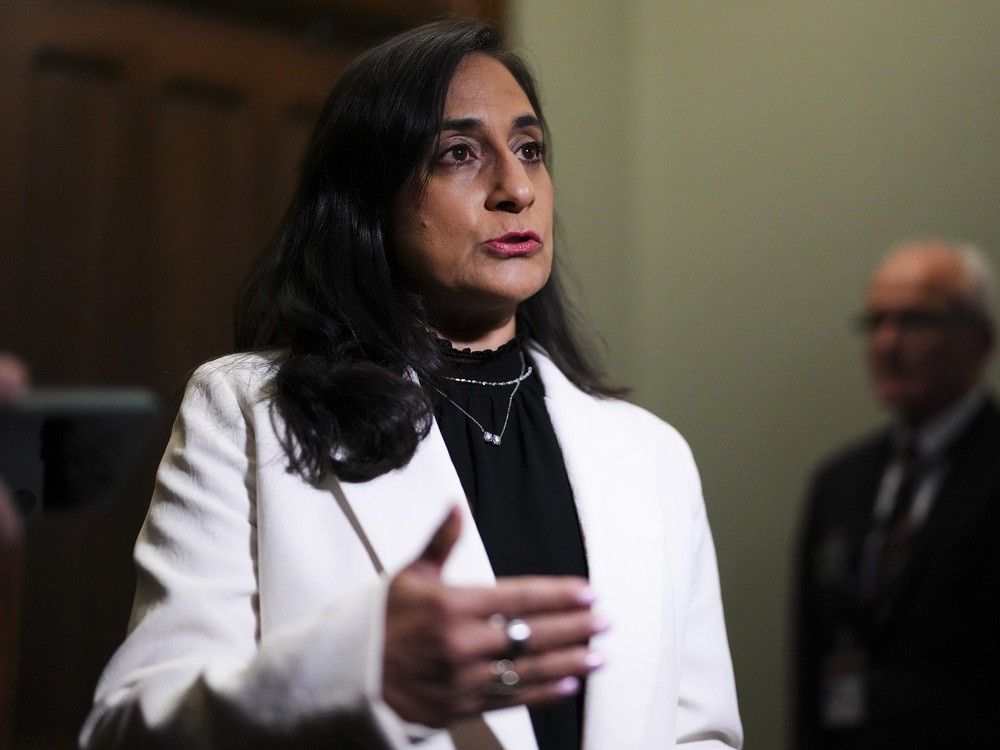


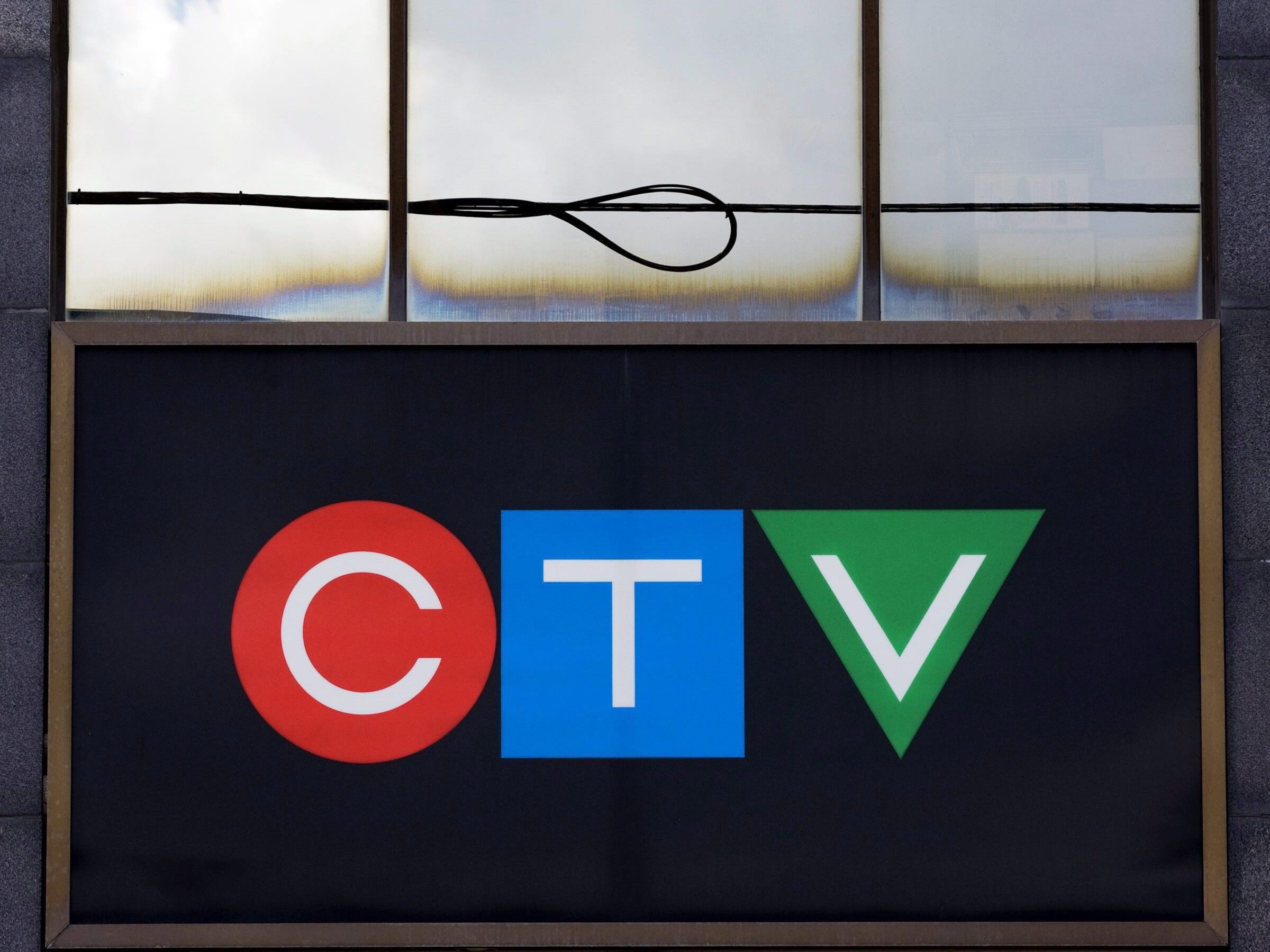

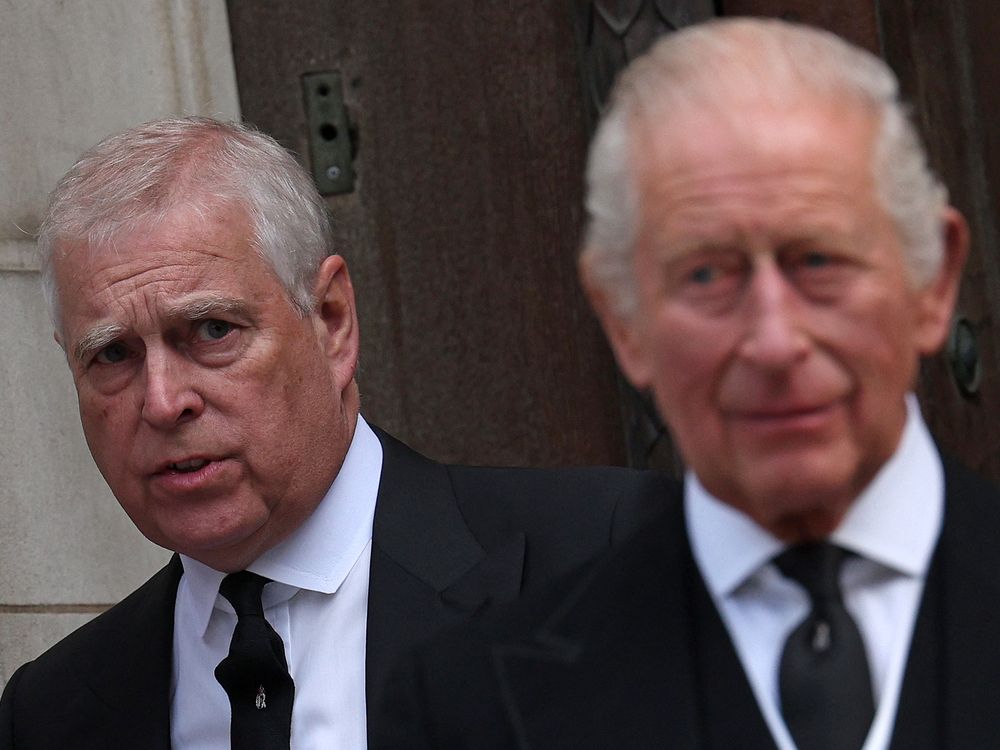
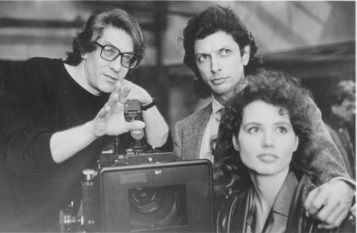

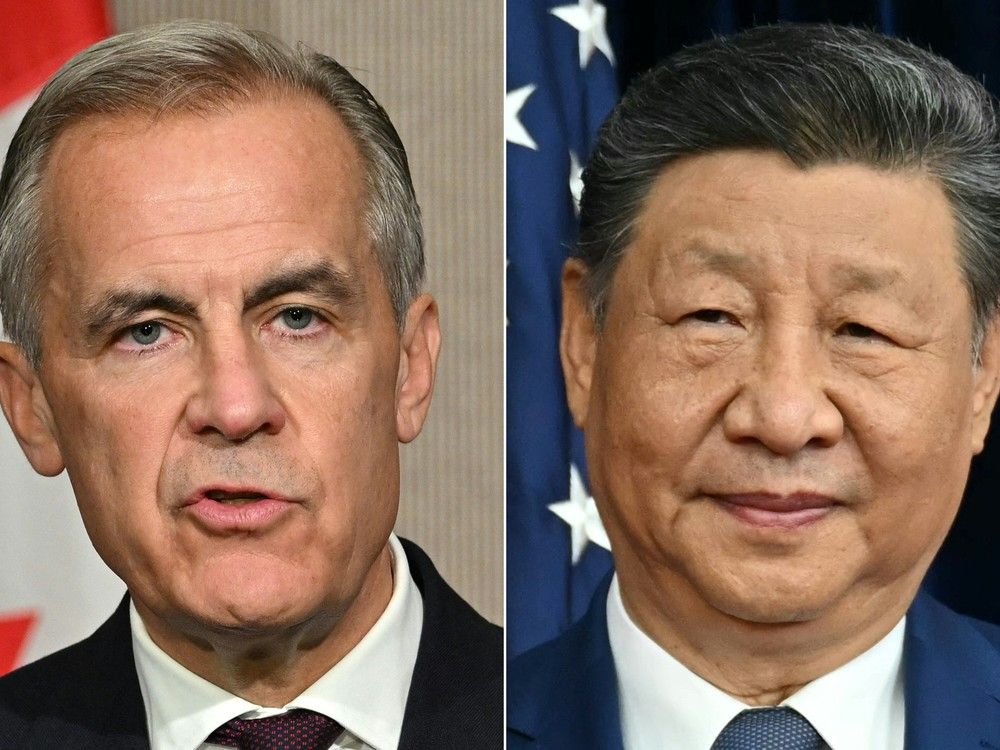
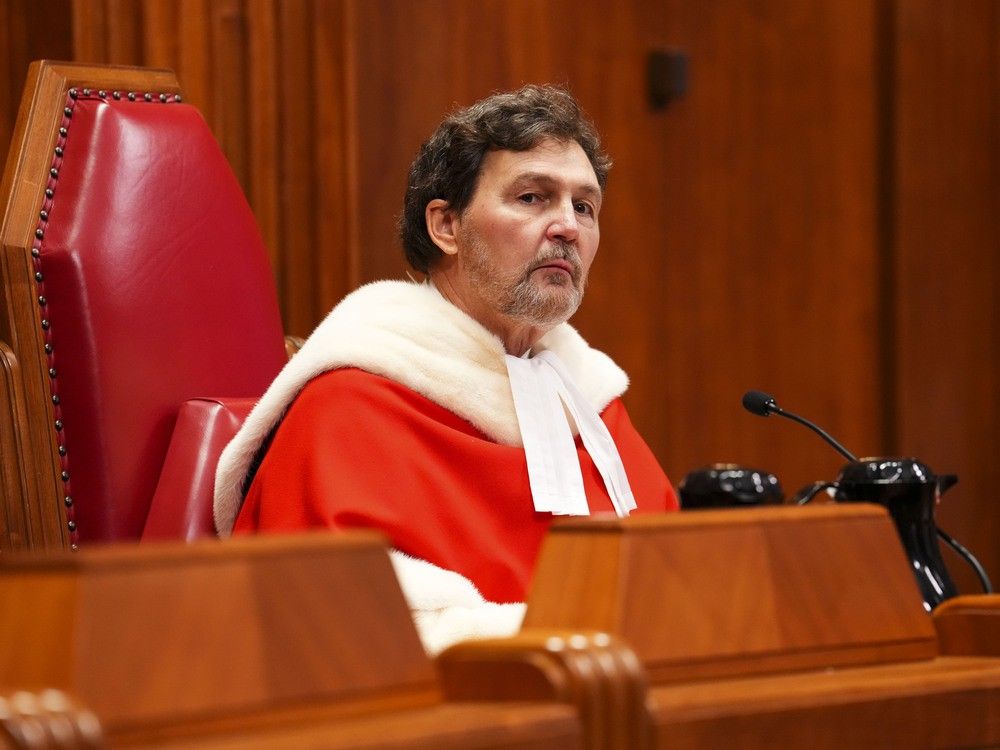













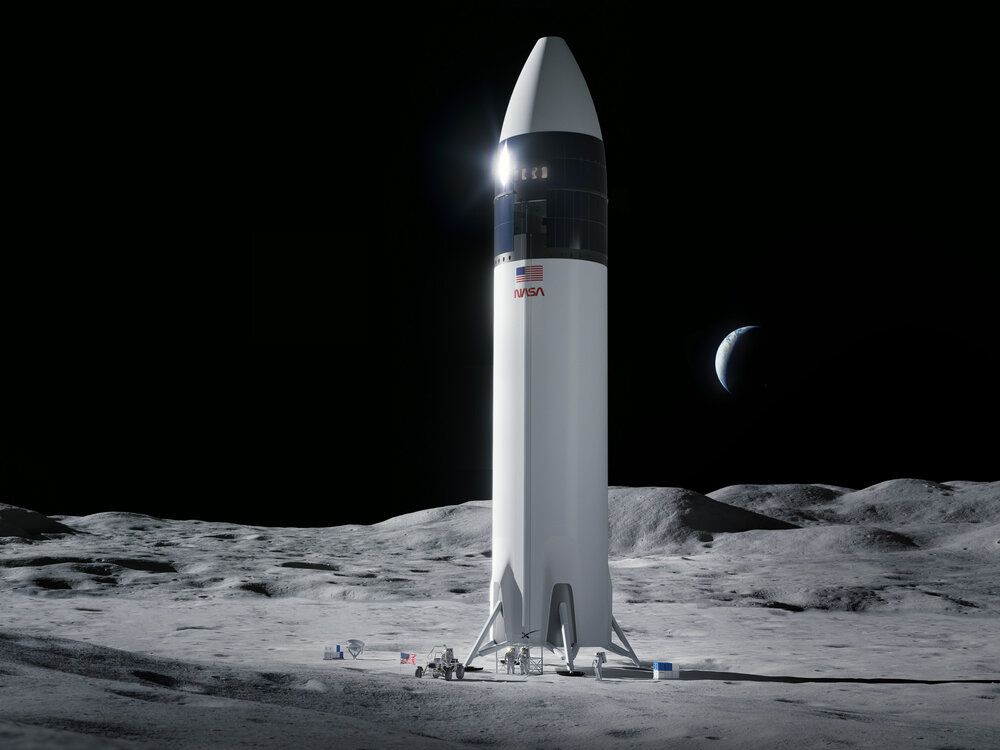


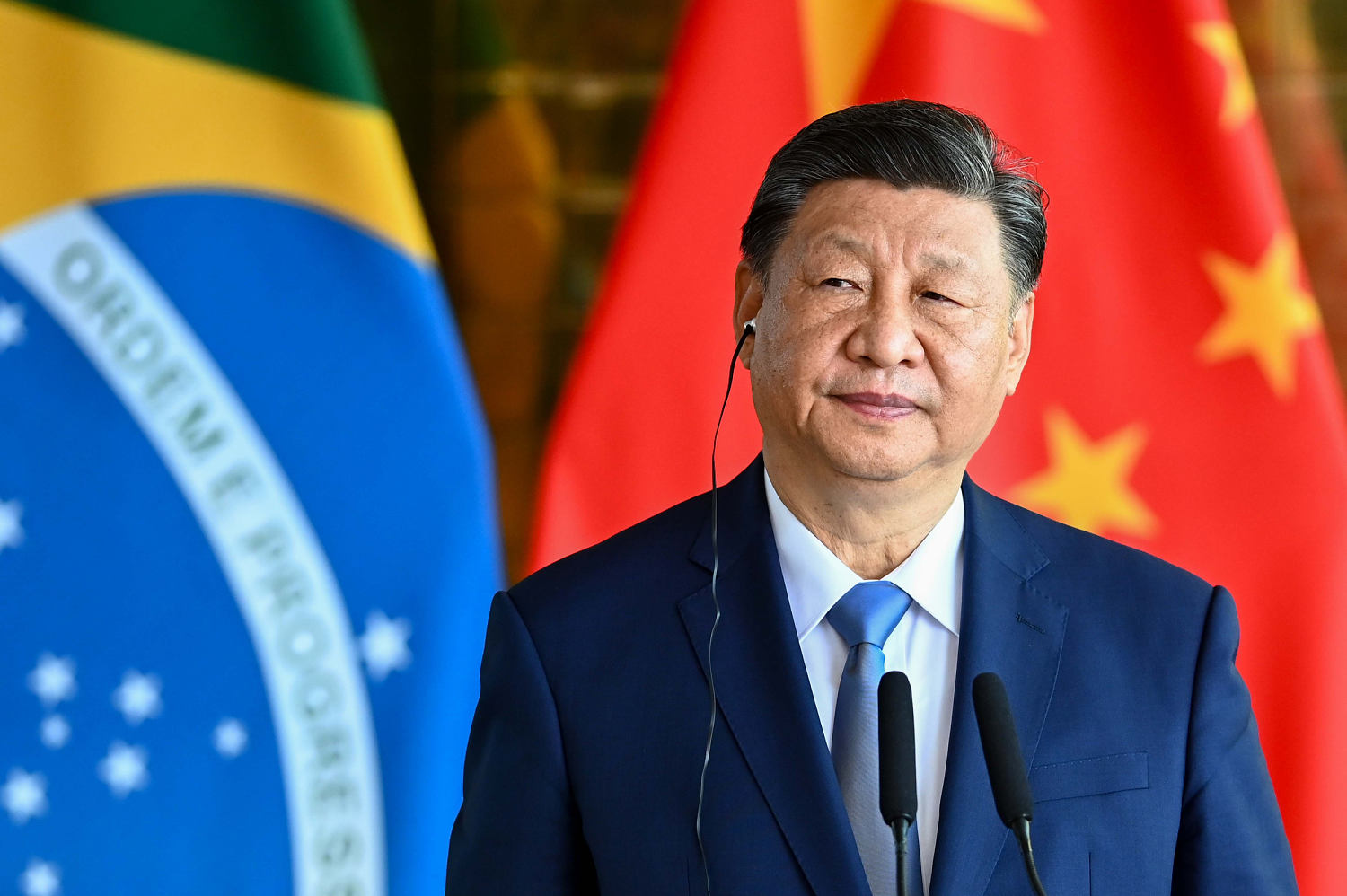
/https%3A%2F%2Fsportsmole-media-prod.s3.gra.io.cloud.ovh.net%2F25%2F14%2Fwilliam-saliba-and-adama-traore.jpg)
 Bengali (BD) ·
Bengali (BD) ·  English (US) ·
English (US) ·